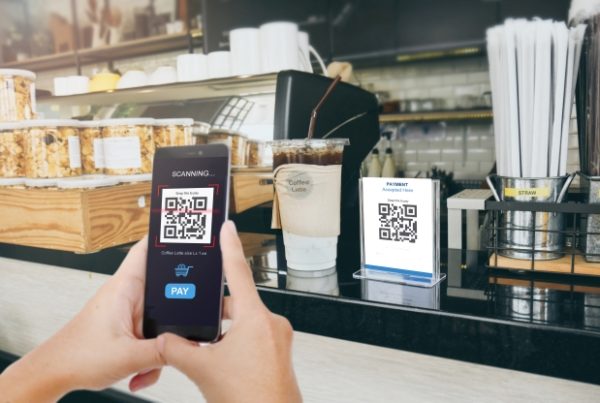
November 24, 2020
The ESG Halo Effect, Insurance Pain and Financing Lessons Learned
Key takeaways from the 2020 H2 Life Sciences Treasurers’ Peer Group meeting sponsored by Societe Generale. By Joseph NeuA halo effect from the business we are in. In an exchange on ESG-related financing and ESG scores, our life sciences treasurers noted that sustaining life is core to their business; hence, sustainability is part of their companies’ DNA. Why then should they need to issue a green bond or execute some other sort of sustainability-linked financing to earn a so-called ESG halo effect? …









